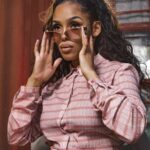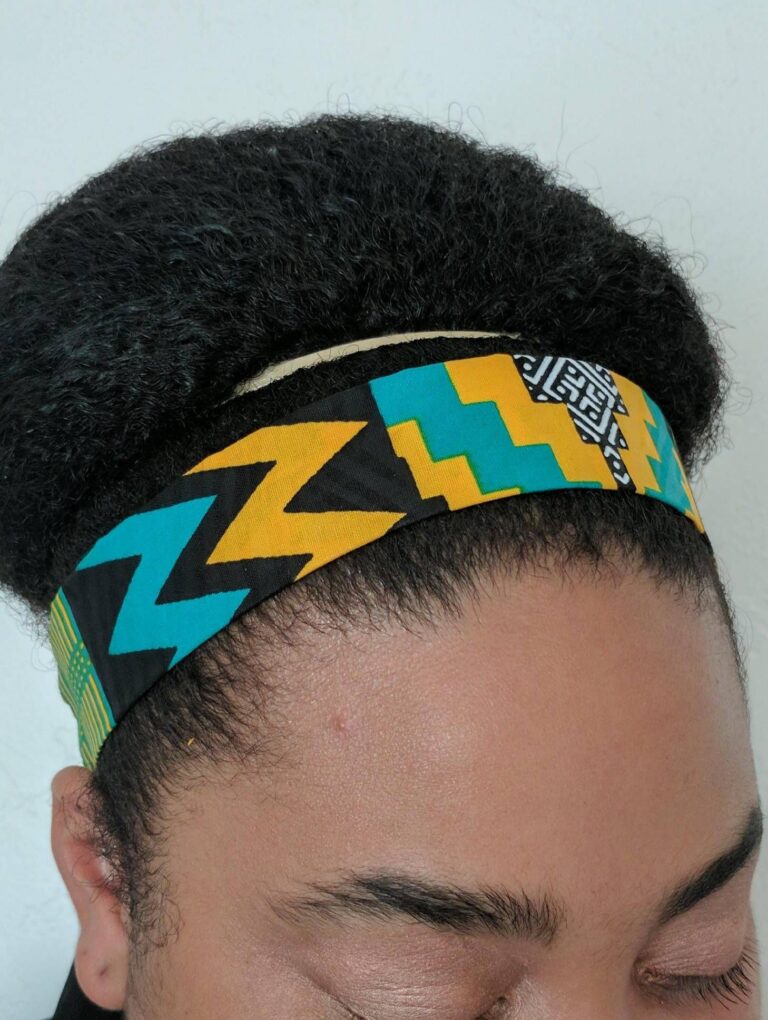The South African fashion scene is a vibrant tapestry of diverse cultures, rich heritage, and creative expressions. From traditional tribal influences to contemporary designs, the country has become a hub for innovative fashion trends that capture the spirit of Africa. In this article, we will explore the top five South African fashion trends that have gained international acclaim and continue to shape the industry both at home and abroad.
- Vibrant Prints and Patterns:
One cannot talk about South African fashion without mentioning the bold and vibrant prints that are synonymous with the country’s style. These prints often draw inspiration from traditional African textiles, such as the intricate patterns found in the Zulu, Xhosa, and Ndebele cultures. Designers like Laduma Ngxokolo of MaXhosa Africa have skillfully incorporated these prints into modern silhouettes, creating a fusion of tradition and contemporary fashion. From dresses and skirts to accessories and home decor, these prints add a vibrant and unmistakable African flair to any ensemble.
- Sustainable Fashion:
South Africa is witnessing a growing awareness and emphasis on sustainable fashion practices. Designers are prioritizing ethical sourcing of materials, promoting fair trade, and adopting eco-friendly manufacturing processes. Local brands like Sindiso Khumalo and Selfi are leading the way by using organic and recycled fabrics, supporting local artisans, and ensuring transparency throughout the supply chain. This focus on sustainability not only contributes to preserving the environment but also empowers local communities and promotes responsible consumption.
- Afrocentric Accessories:
Accessories play a vital role in South African fashion, adding an extra layer of cultural significance and personal style. Afrocentric accessories, such as beaded jewelry, head wraps, and traditional footwear like beaded sandals or veldskoen (desert boots), are gaining popularity both locally and globally. Designers like Pichulik and NtoZinhle Accesorise have embraced the beauty of African craftsmanship, creating unique statement pieces that celebrate the rich cultural heritage of the continent. These accessories are not only fashionable but also serve as a form of self-expression and connection to African traditions.
- Gender-Neutral Fashion:
South Africa’s fashion industry has been at the forefront of embracing gender-neutral or gender-fluid fashion. Breaking away from traditional gender norms, designers are creating clothing that can be worn by individuals regardless of their gender identity. Brands like Rich Mnisi and Lukhanyo Mdingi are challenging societal constructs by offering unisex collections that feature fluid silhouettes, versatile pieces, and a wide range of sizes. This inclusive approach to fashion allows individuals to express themselves authentically and comfortably, regardless of societal expectations.
- Streetwear Culture:
South Africa’s streetwear scene is thriving, with urban fashion becoming a significant trend among the country’s youth. Influenced by international streetwear brands, local designers have created their own unique interpretation by infusing African elements into their collections. From graphic t-shirts and hoodies to sneakers and accessories, streetwear in South Africa often features bold colors, African-inspired motifs, and a fusion of cultural references. Brands like Sol-Sol, Unknown Union, and Young and Lazy have successfully captured the essence of South African street culture, gaining popularity both locally and internationally.
South Africa’s fashion industry is a vibrant tapestry of diverse styles, celebrating the country’s rich cultural heritage and embracing contemporary influences. From vibrant prints and sustainable practices to Afrocentric accessories and gender-neutral fashion, South African designers are pushing boundaries and creating unique fashion statements that resonate with a global audience. These top five trends not only showcase the creativity and talent of local designers but also serve as a powerful platform for cultural expression and inclusivity. As the world continues to embrace and appreciate South African fashion, the industry is poised to make an even greater impact on the global fashion landscape.



